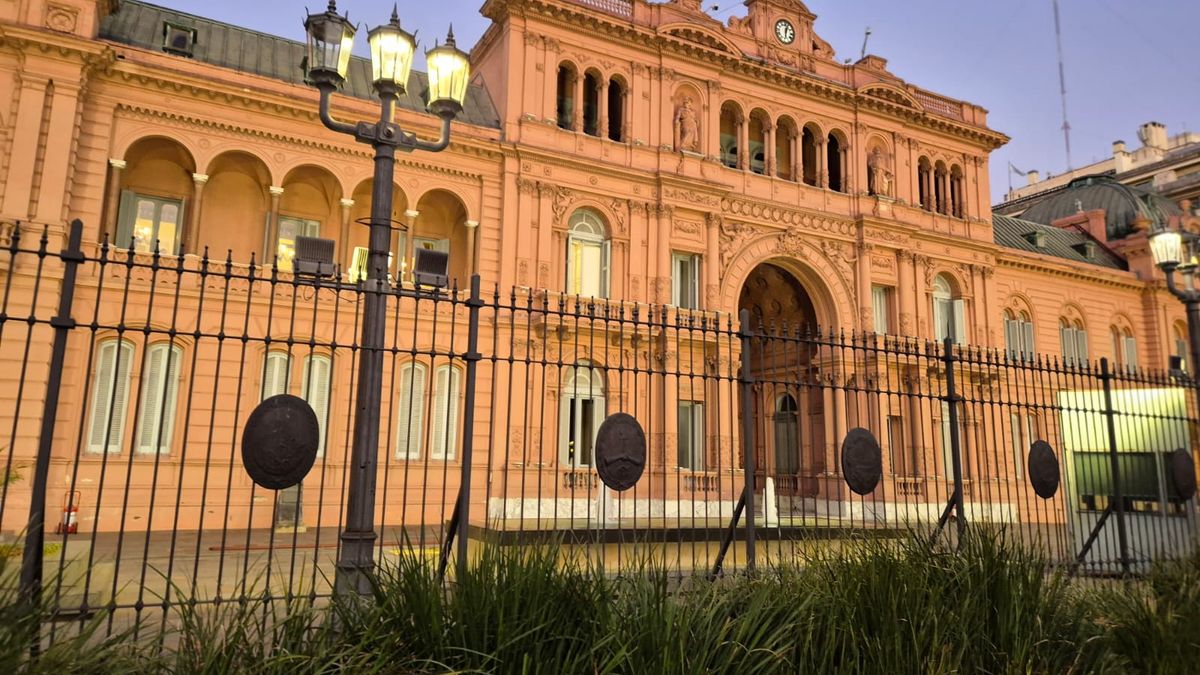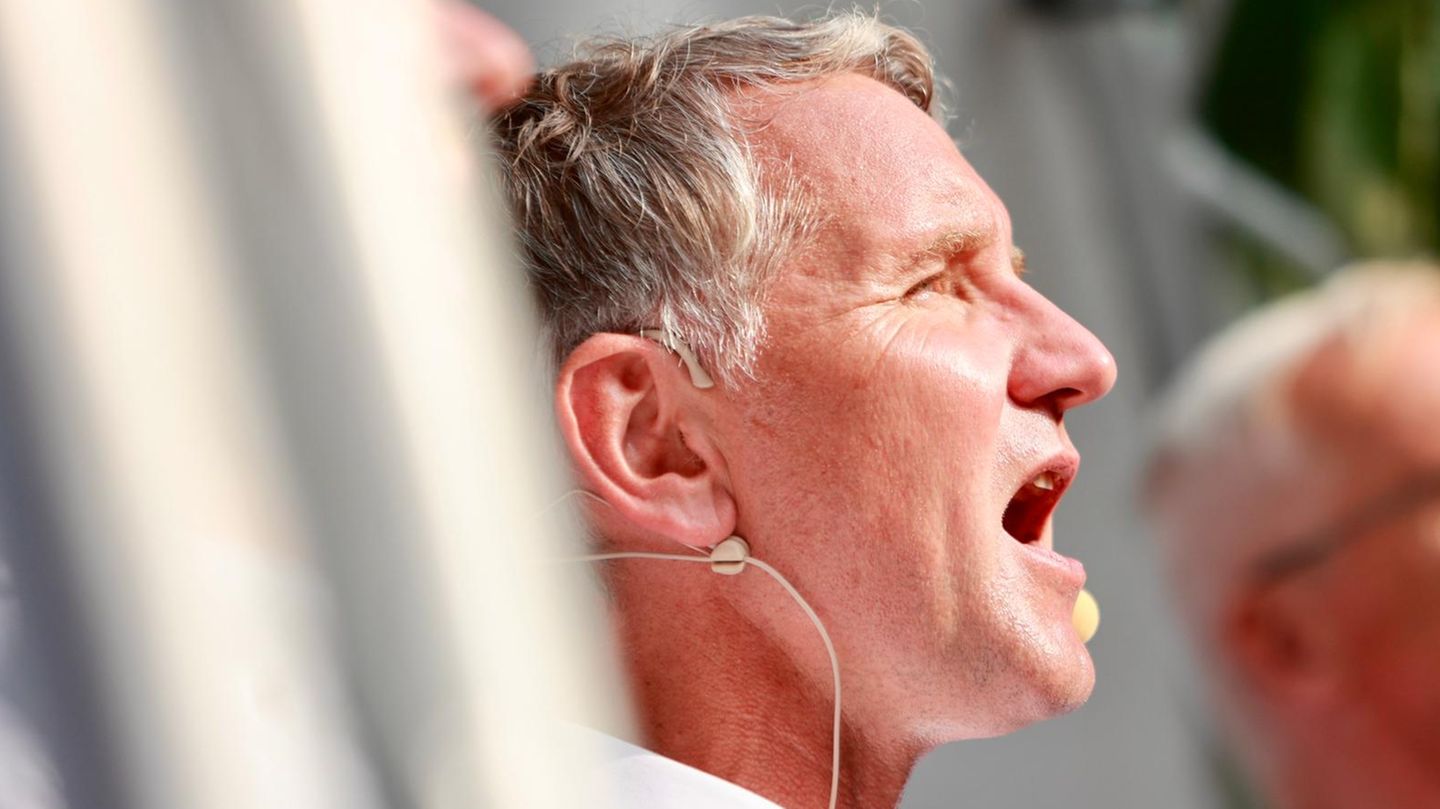I have been working in the news industry for over 6 years, first as a reporter and now as an editor. I have covered politics extensively, and my work has appeared in major newspapers and online news outlets around the world. In addition to my writing, I also contribute regularly to 24 Hours World.
Menu
State elections: What lies ahead for Saxony and Thuringia
Categories
Most Read
CDU closed meeting: CDU struggles to differentiate itself from the AfD
October 19, 2025
No Comments
Trump mocks protests with AI videos as a king dropping feces
October 19, 2025
No Comments
Fabian from Güstrow: Tense atmosphere at the family service
October 19, 2025
No Comments
Gaza: Israel’s army confirms airstrikes on Rafah
October 19, 2025
No Comments
Demonstrations: “No Kings”: mass protests against Trump in the USA
October 19, 2025
No Comments
Latest Posts

The Moroccan coach’s warning before the final of the U20 World Cup with Argentina: “No one is invincible”
October 19, 2025
No Comments
October 19, 2025 – 15:03 It will be the duel between the most successful team in history in this category and an African team seeking

Which are the provinces with the largest number of workers and what salaries do they pay?
October 19, 2025
No Comments
Public employment: large regional gaps The National Directorate of Provincial Affairs (DNAP) estimated that, by December 2024, the country had an average of 50 provincial

Nu-metal band: Limp Bizkit bassist Sam Rivers dies
October 19, 2025
No Comments
Lisa HarrisI am an author and journalist who has worked in the entertainment industry for over a decade. I currently work as a news editor
24 Hours Worlds is a comprehensive source of instant world current affairs, offering up-to-the-minute coverage of breaking news and events from around the globe. With a team of experienced journalists and experts on hand 24/7.

